Understanding Cronyism and Monopolies
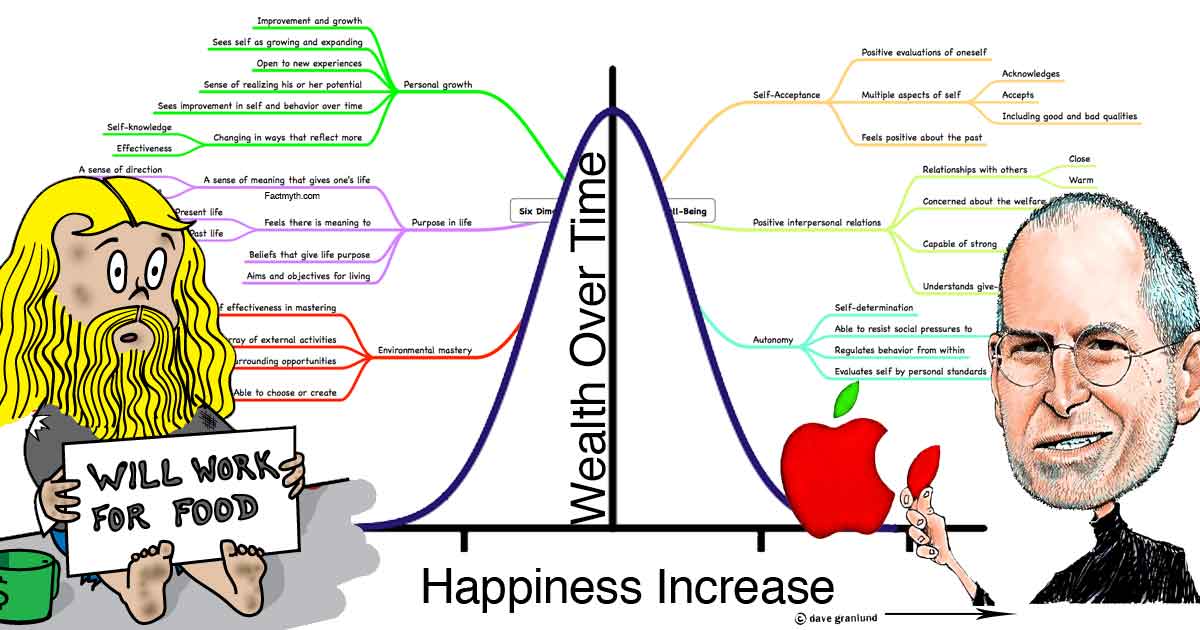
We explain two types of special interests: cronyism (politicians working with corporate interests) and monopolies / oligopolies (the consolidating of corporate power in a given industry to one or few entities).
A company is a group of natural and/or legal persons typically involved in a for-profit or non-profit business.

We explain two types of special interests: cronyism (politicians working with corporate interests) and monopolies / oligopolies (the consolidating of corporate power in a given industry to one or few entities).
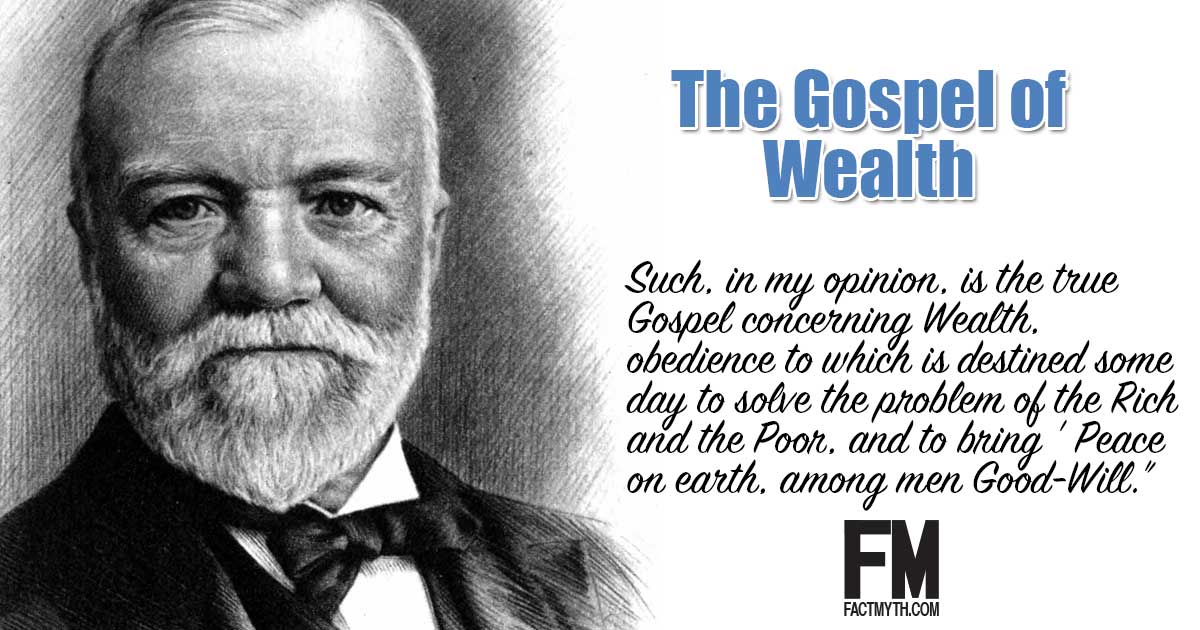
Andrew Carnegie, John D. Rockefeller, and other Barons of Industry freely gave away most of their fortunes to charitable and philanthropic causes.

Nicola Tesla and Thomas Edison were rivals, not enemies. Tesla and Edison butted heads publicly, but generally respected each other.
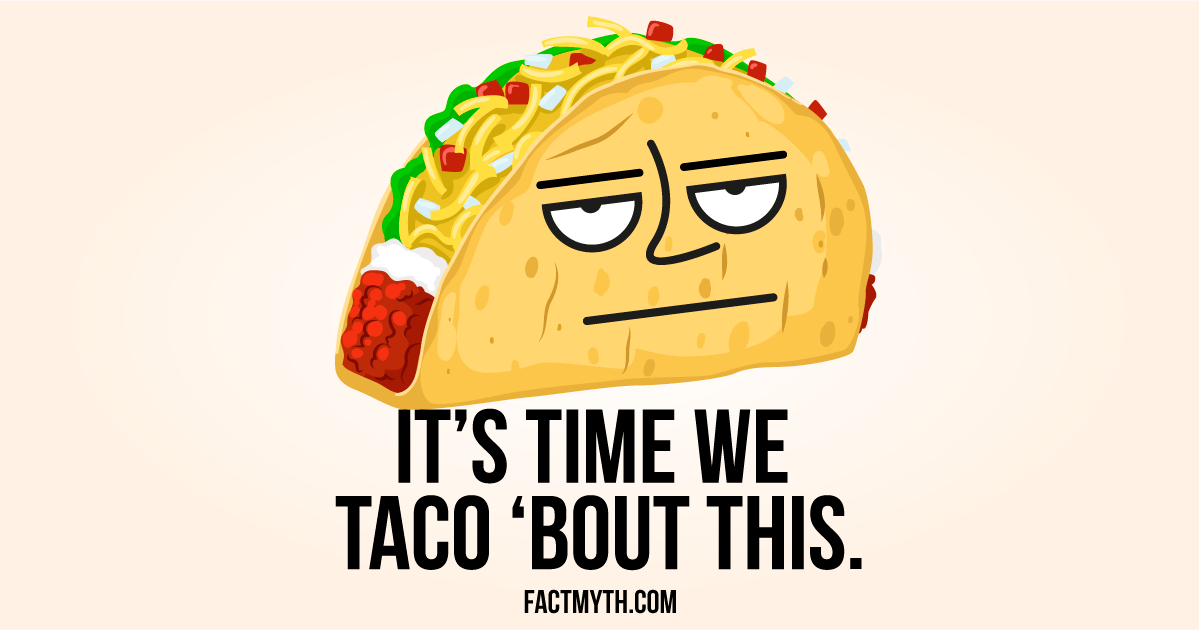
Taco Bell’s seasoned beef is 88% “100 percent USDA-inspected premium real beef” and 12% common ingredients like soy, spices, water, and oats.
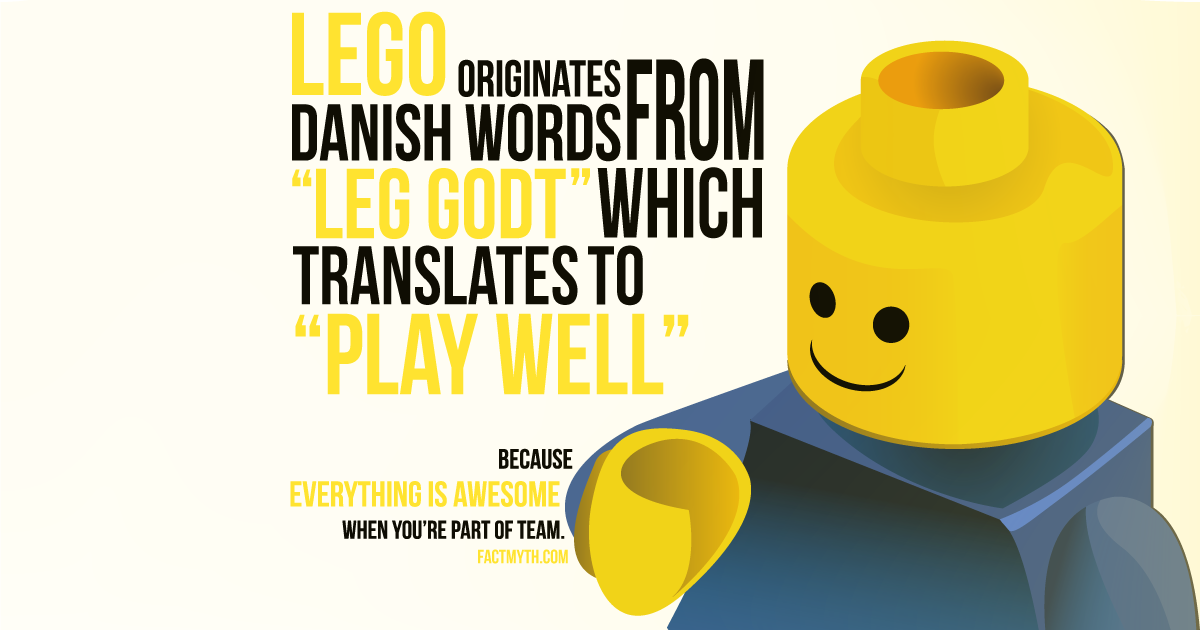
LEGO struggled from 1998 to 2004, nearing bankruptcy, but licensing and media tie-ins helped revitalize the company and the LEGO brand name.
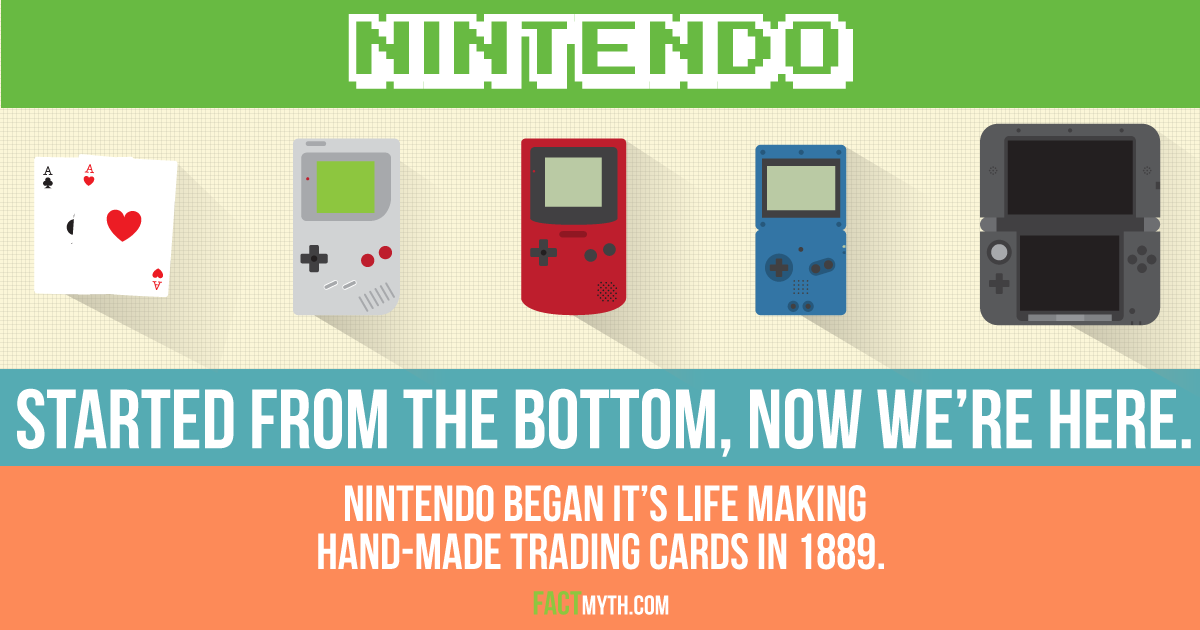
Nintendo was founded in 1889 as a playing card (hanafuda) company, nearly a century before the release of the Nintendo Entertainment System in 1985.

After ‘the North American Video Game Crash of 1983’ unsold copies of Atari’s E.T. were buried in a landfill in a New Mexico desert along with other Atari games.
Venture capital, which was just emerging in the late 50’s, helped create companies like Intel, which in turn created Silicon Valley and startup culture.

The “Konami code” (a cheat code first popularized by the NES version of Contra) doesn’t end in start or select start, it’s simply ‘↑ ↑ ↓ ↓ ← → ← → B A’.

On May 23rd, 2012 in honor of Bob Moog’s 78th birthday Google’s homepage logo (Doodle) became a playable and recordable synthesizer.